Doctor on WHO saying coronavirus will return: "They were wrong so many times, aren't they ashamed?"
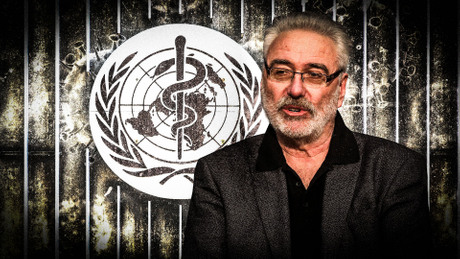
The World Health Organization (WHO) made two statements over the weekend, announcing a second wave of the new coronavirus, supporting this claim, among other things, with examples from China and South Korea. To comment on this, we turned to a member of the Crisis HQ, Professor Doctor Branimir Nestorovic, who a long time ago assessed that the end of the epidemic in Serbia will happen between June 1 and 15.
Asked if he has changed his mind, he answered decisively.
"Of course not, I'm now more than ever sure that it will disappear. There is no second wave in any country. The Czech Republic has opened up, there is no second wave. US state pf Georgia, Austria, Slovenia have opened up... Where is the second wave?"
China is bad example, those are imported cases
"China is not a good example. Those are imported cases. They ended the epidemic, but Chinese people from America came there, who had become infected in America," he says, adding that this is about a student from New York who infected as many as 70 people, while yesterday China had only 11 who tested positive for Covid-19:
"South Korea as well. Singapore and Australia will soon declare the end of the epidemic. It's a completely nonsensical story. In England, scientists from Oxford recently said that they would not be able to make a vaccine, because the virus is disappearing so fast that they won't be able to test it. The chance of making a vaccine has already dropped from 80 to 50 percent."
In his statement for Telegraf.rs, he assessed that the opinion of the majority of serious people is that the virus is coming to an end, and that this has to do with the fact that the virus is artificial, and above all, because so-called RNA editing took place.
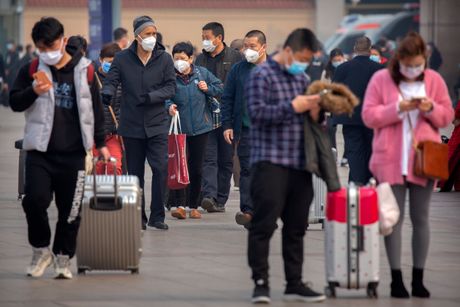
"There are not many elements for a second wave, it is nowhere to be found. The virus lasts for two months intensively, and then drops off sharply," he insists on the regularity established at the beginning:
"In Singapore, they created a model that predicts that the virus will disappear by September, in America by the end of October and that there will be no second wave. Back in March, Italians in Florence showed that it had some nucleotides inserted, which is called RNA editing, which do not really belong to the virus - that's part of the story that the virus had been modified. And they said that those viruses usually disappear quickly, and those that have been edited even faster. They are comparable to SARS and MERS, which quickly disappeared. To me, that story about a second wave looks like they are hoping there will be a vaccine."
Asked whether it was possible - as stated by some experts, also those from the Crisis HW - that sporadic cases would be appearing during the summer, "accumulating" in the fall, and that this wouldn't be another wave but something similar to what is happening in China, Nestorovic replied that such a scenario does not seem likely to him.
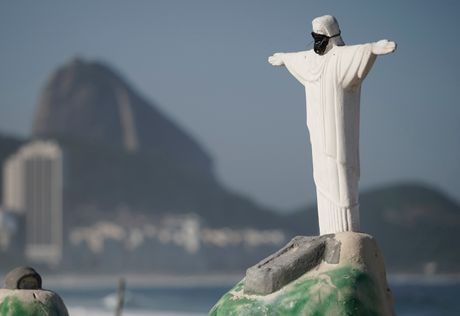
"I don't know who could come to us as an imported case. It will not be from Europe. Theoretically, it could only be someone from Latin America - but since there are is no air travel now, people don't travel a lot, the chance is low," he says, adding that this is also unlikely to happen with passengers who dare to cross the border to have a vacation when they return to the country.
WHO has no credibility?
Nestorovic also assessed that the World Health Organization has lost the status of a relevant interlocutor on the topic.
"The WHO has made mistakes so many times that I don't know how they are not ashamed to talk. In the end, they praised Sweden, but in the beginning they recommended lockdowns to everyone," he said, referring to the organization's statemement (about the second wave), adding that he is not taking it seriously.
To WHO's statements that many viruses have not been eradicated and that the Spanish fever returned in three waves, the second of which was the deadliest - while HIV has been declining for decades, although drugs have been found enabling people to coexist with the pathogen, Nestorovic said that those viruses cannot be compared to coronavirus.
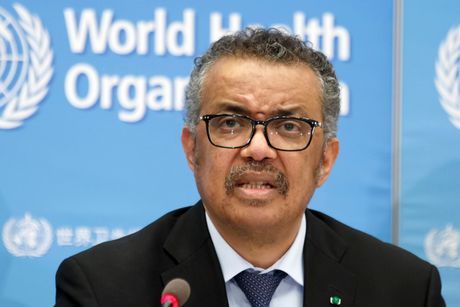
"That's a completely different story, a completely different type of viruses. Since everyone was taking the flu model, everyone was wrong. This is not the flu, it behaves differently. The flu virus is here all the time, mutating a bit, then coming back. Viruses such as coronaviruses do not exactly have that tendency, in none of the epidemics did such a virus survive for a year," he says, referring to the aforementioned SARS and MERS.
Coronavirus season in December
"If there is some second wave, it could be at the end of November, in December. That's the season of coronaviruses, they appear then due to the properties of the coat (of the virus), which is not resistant to high temperatures, humid weather, UV rays."
Although he left some room for a "big return to the scene" in his previous sentence, he believes that the situation with the virus then will not be comparable to what we had at the beginning of the year. He is also still of the opinion that high temperatures, humid air and UV rays destroy the virus, although there are those among his colleagues who claim that this is not true, and that this merely reduces the possibility of transmission.
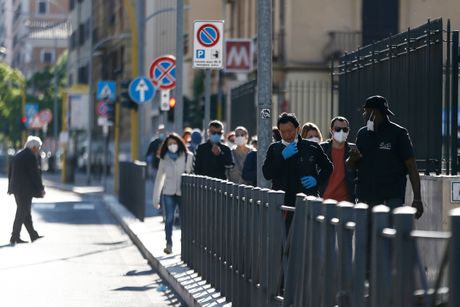
"At over 30 degrees (centigrade), it practically loses its infectivity," this pulmonologist from the Tirsova hospital is consistent:
"It can remain present occasionally, but it is no longer infectious. We see it now. So many (newly) infected people, none presenting a severe clinical picture. If it becomes a seasonal flu, then it will not be interesting, because it will have a milder clinical picture. It will be risky for those for whom it has been risky so far as well, for older people."
He also says that there are debates around the world on the issue of collective immunity, and that there are examinations to determine whether antibodies in the serum have any significance.
"Most countries have low antibodies. The Italians are doing something ambitious, with 150,000 people. In Spain, only six, seven percent have acquired antibodies," the doctor said, quoting the latest data.
(B. Petrovic - b.petrovic@telegraf.rs)
Video: Slaven Došlo o mjuziklu "Balkan ekspres": To je priča o malim ljudima koji pokušavaju da prežive
Telegraf.rs zadržava sva prava nad sadržajem. Za preuzimanje sadržaja pogledajte uputstva na stranici Uslovi korišćenja.

